- Iran and Russia Join Naval Drills Off South African Coast Bloomberg.com
- South Africa defends BRICS naval drills as ‘essential’ amid tensions Al Jazeera
- South Africa’s strained ties with US face new test – war games with China, Iran and…
Category: 2. World
-
Iran and Russia Join Naval Drills Off South African Coast – Bloomberg.com
-
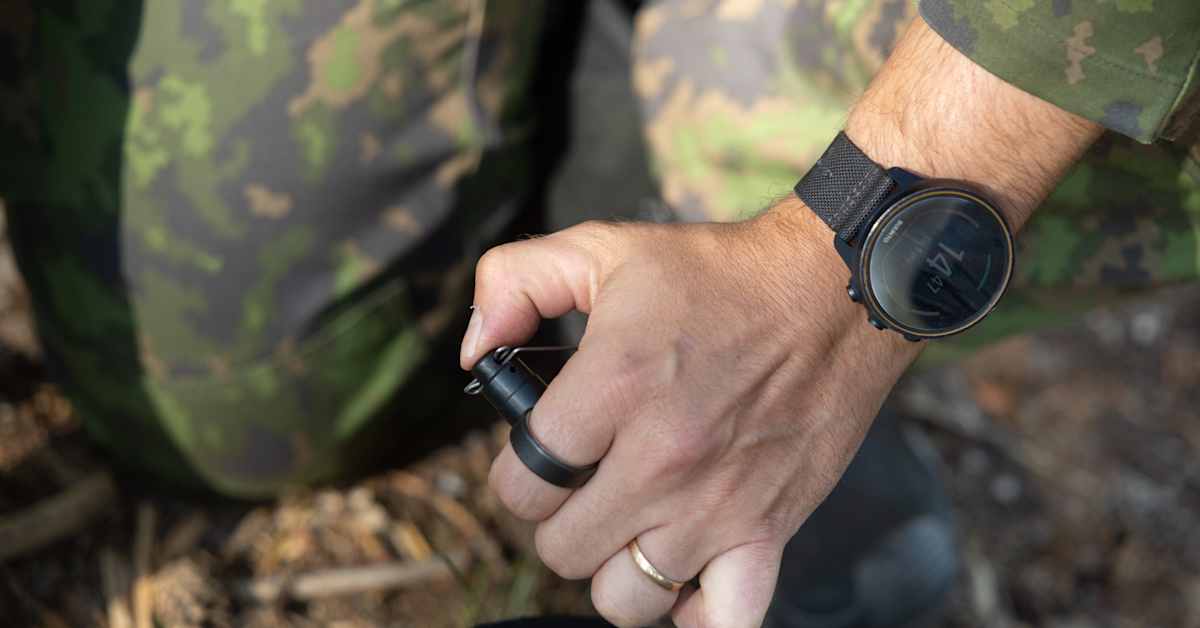
Finland’s withdrawal from Ottawa landmine treaty takes effect | Yle News
Finland can now reintroduce anti-personnel landmines.
Image: Marcus Lillkvist / Yle Finland’s withdrawal from the Ottawa Convention banning anti-personnel landmines comes into force on Saturday.
The Finnish government formally…
Continue Reading
-
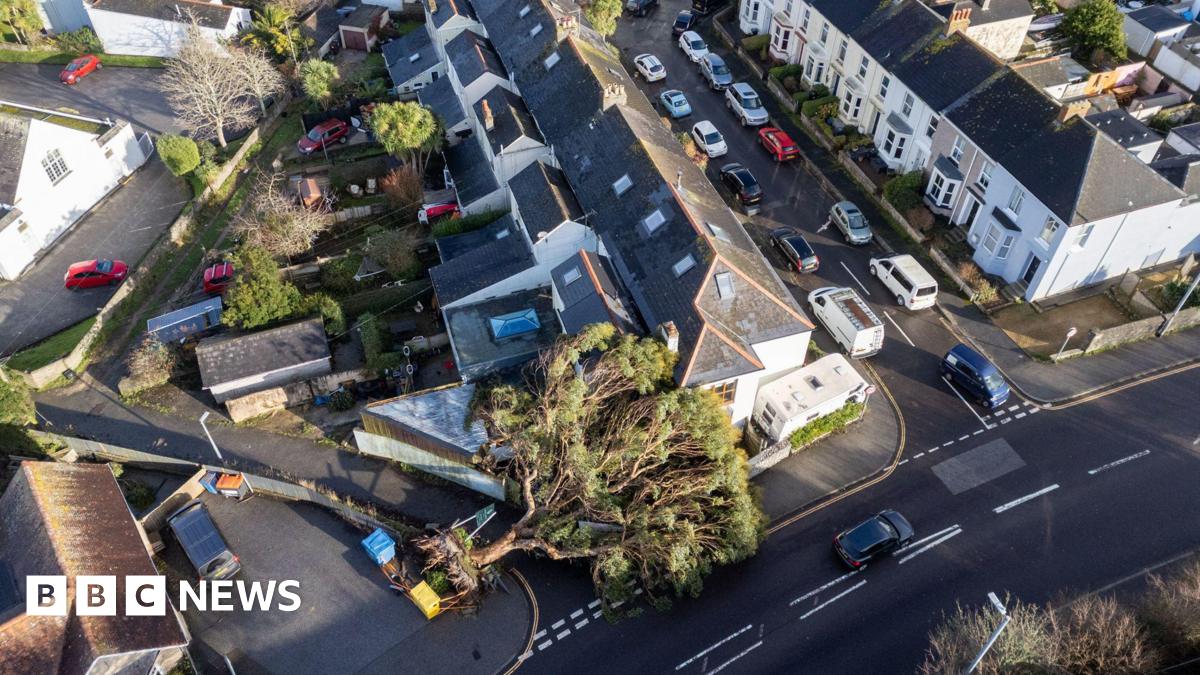
Cornwall rallies together for Storm Goretti clean up
Emily Hitchkiss and her two young children were at home as Storm Goretti hit.
She said if her children had remained upstairs or been asleep when that tree came down, she feared they would have died.
Hitchkiss said: “There was smashing glass and a…
Continue Reading
-
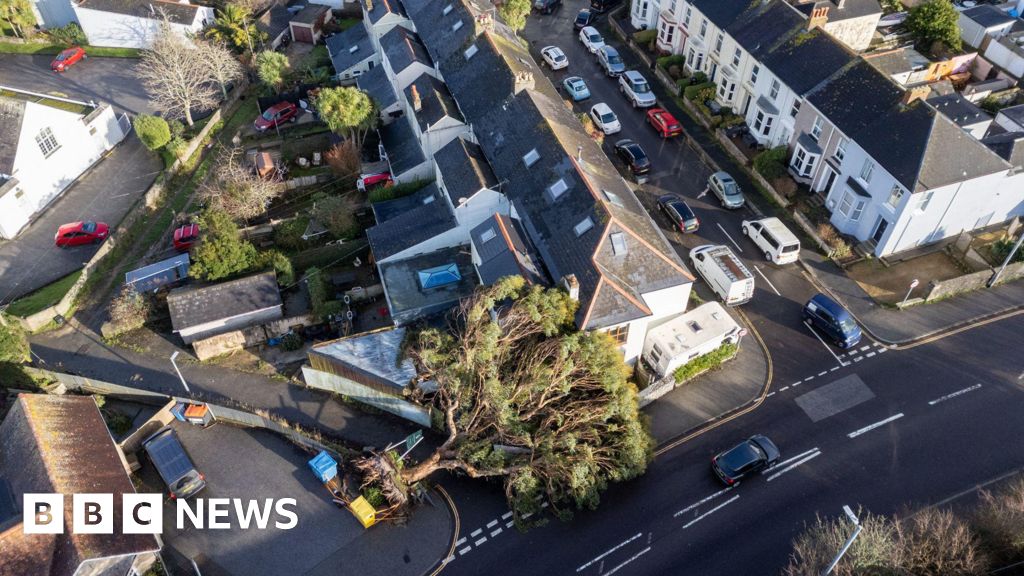
Cornwall rallies together for Storm Goretti clean up
A tree collapsed on to a property in Falmouth More than 80 trees were destroyed at St Michael’s Mount Cornwall is rallying together after Storm Goretti battered the county on Thursday and Friday.
A rare red weather warning for wind was issued from…
Continue Reading
-
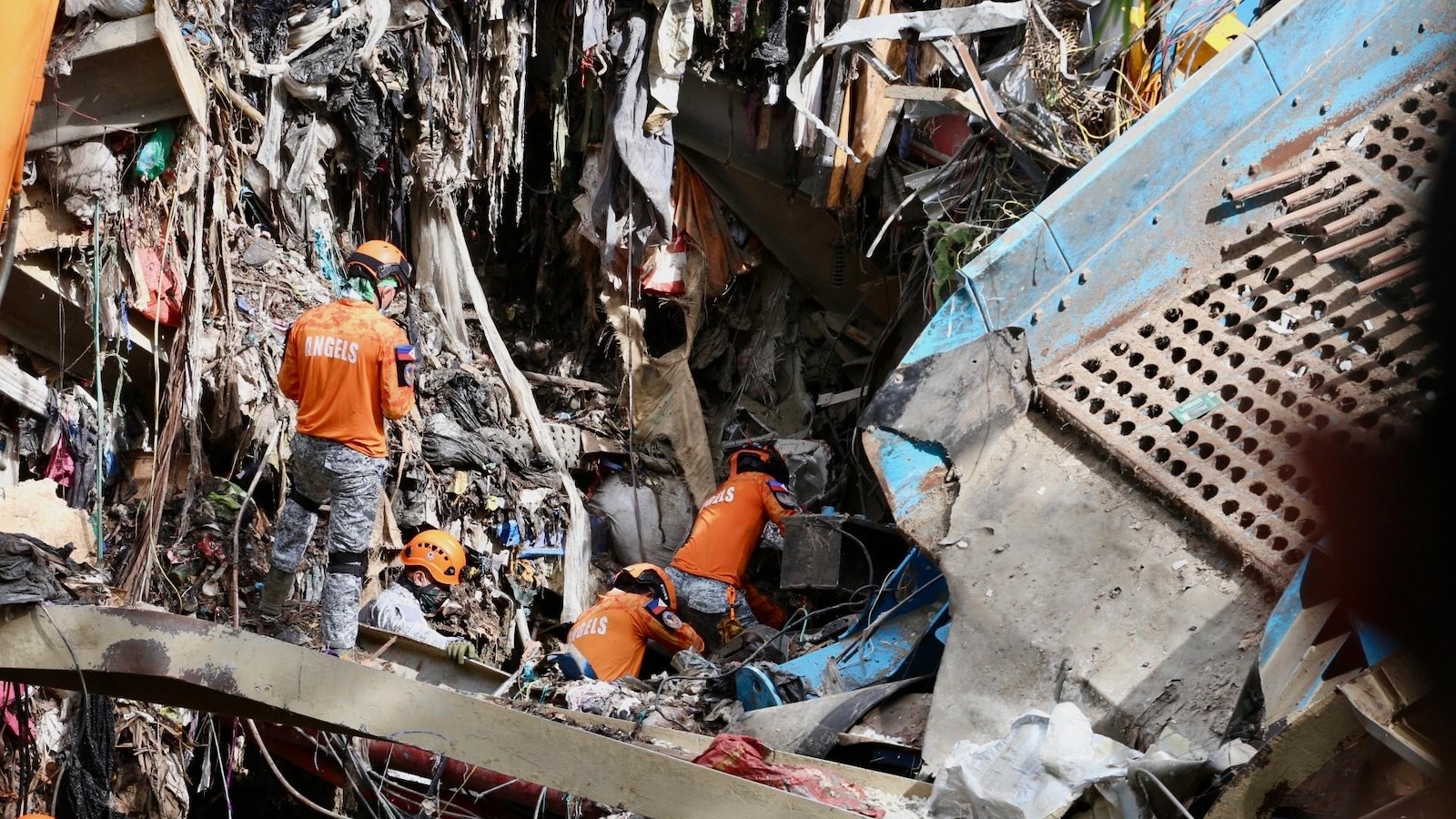
Filipino rescuers detect ‘signs of life’ in deadly garbage avalanche; dozens missing
MANILA, Philippines — Rescuers detected signs of life in an avalanche of garbage that killed at least four workers and left more than 30 others missing Thursday in a central Philippines landfill and plan to intensify search efforts, an official…
Continue Reading
-

How the US could take over Greenland and the potential challenges
U.S. President Donald Trump wants to own Greenland. He has repeatedly said the United States must take control of the strategically located and mineral-rich island, which is a semiautonomous region that’s part of NATO ally Denmark.
Officials from…
Continue Reading
-
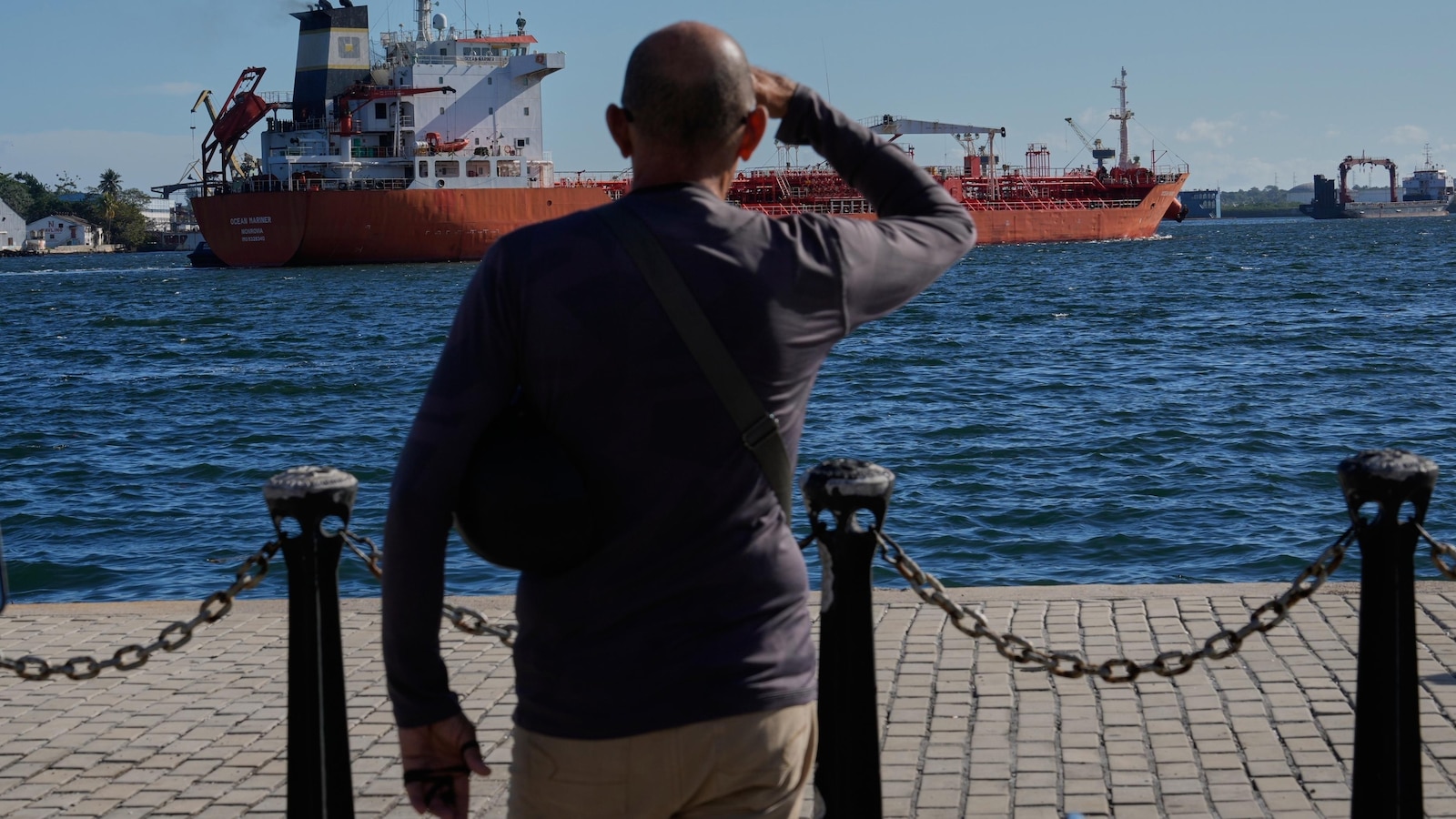
A battered Cuba braces for aftershocks as US seizures of oil tankers linked to Venezuela surge
HAVANA — As U.S. seizures of Venezuela-linked oil tankers surge, concerns grow in Cuba about whether the island’s government and economy will survive.
Experts warn that a sudden halt in Venezuelan oil shipments to Cuba could lead to widespread…
Continue Reading
-
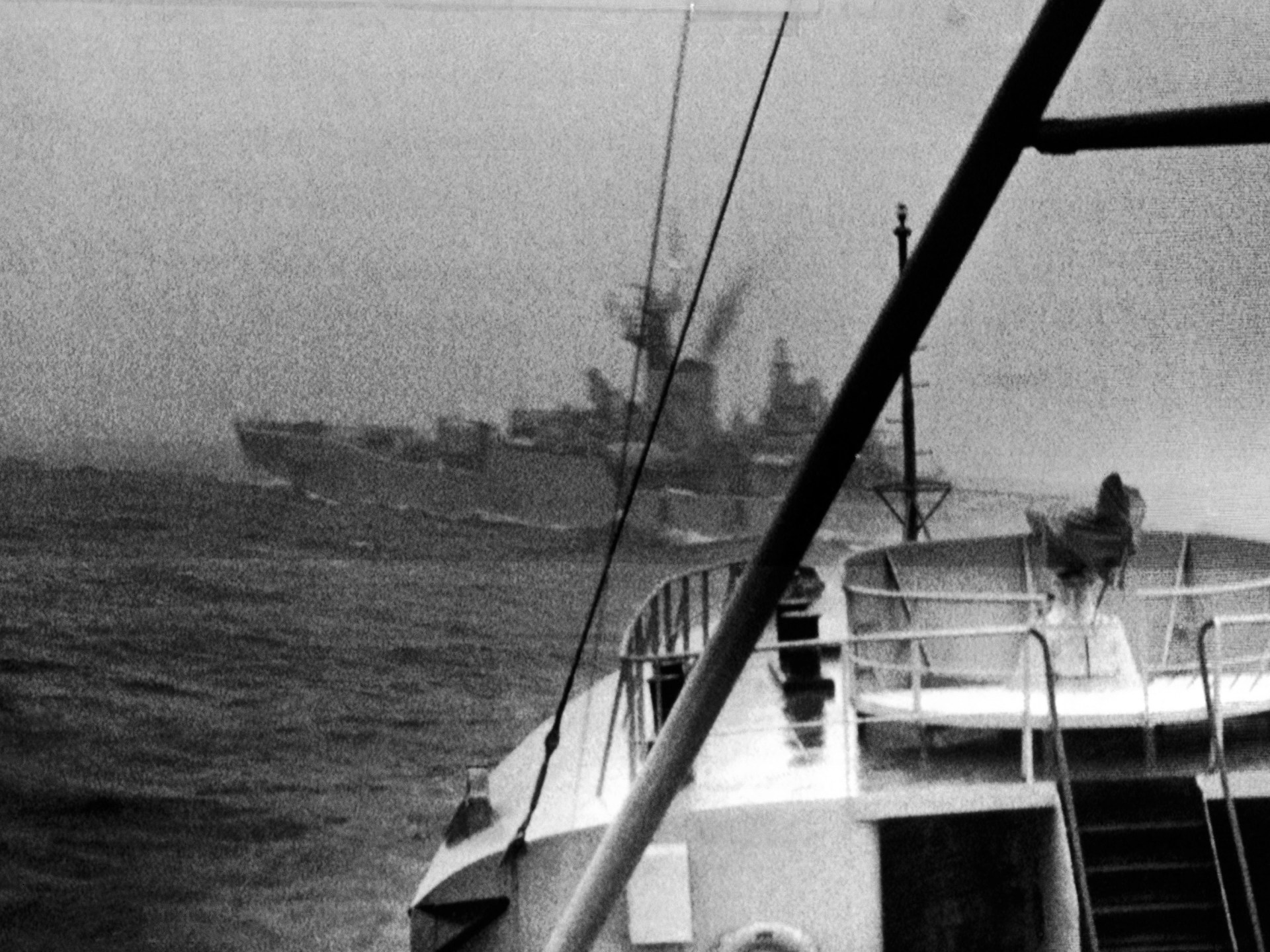
Greenland claims: How close have NATO members come to fighting each other? | NATO News
The Trump administration has once again threatened to take control of Greenland either by acquiring it or through the use of military force to “deter our adversaries in the Arctic region.”
Greenland, which is a semi-autonomous territory of…
Continue Reading
-
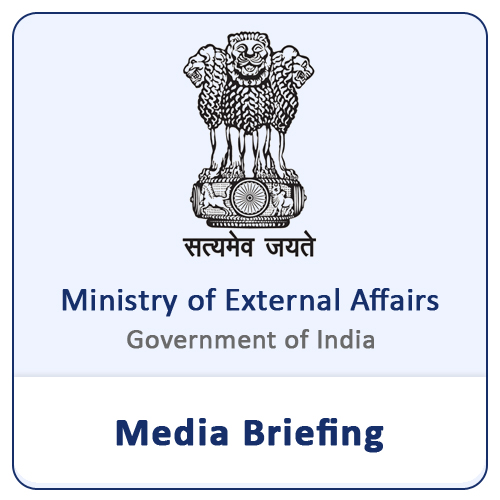
Transcript of Weekly Media Briefing by the Official Spokesperson (January 09, 2026)
Shri Randhir Jaiswal, Official Spokesperson: Good afternoon ladies and gentlemen. Let’s begin our conversation. Today also happens to be a special day, 9th January, Pravasi Bharatiya Divas. So many congratulations to all of you and to all our…
Continue Reading
-

Transcript of Weekly Media Briefing by the Official Spokesperson (January 09, 2026)
Shri Randhir Jaiswal, Official Spokesperson: Good afternoon ladies and gentlemen. Let’s begin our conversation. Today also happens to be a special day, 9th January, Pravasi Bharatiya Divas. So many congratulations to all of you and to all our…
Continue Reading